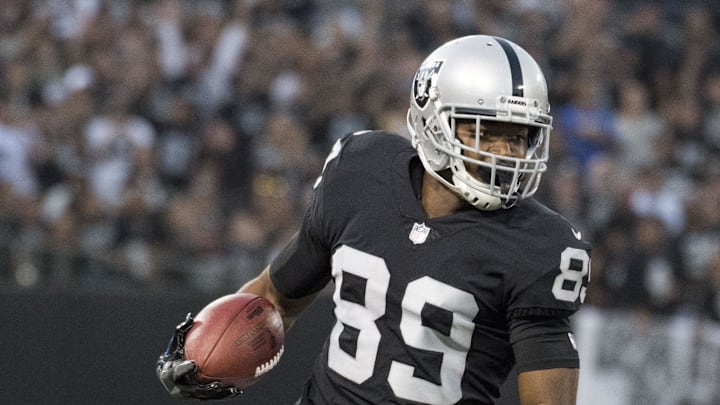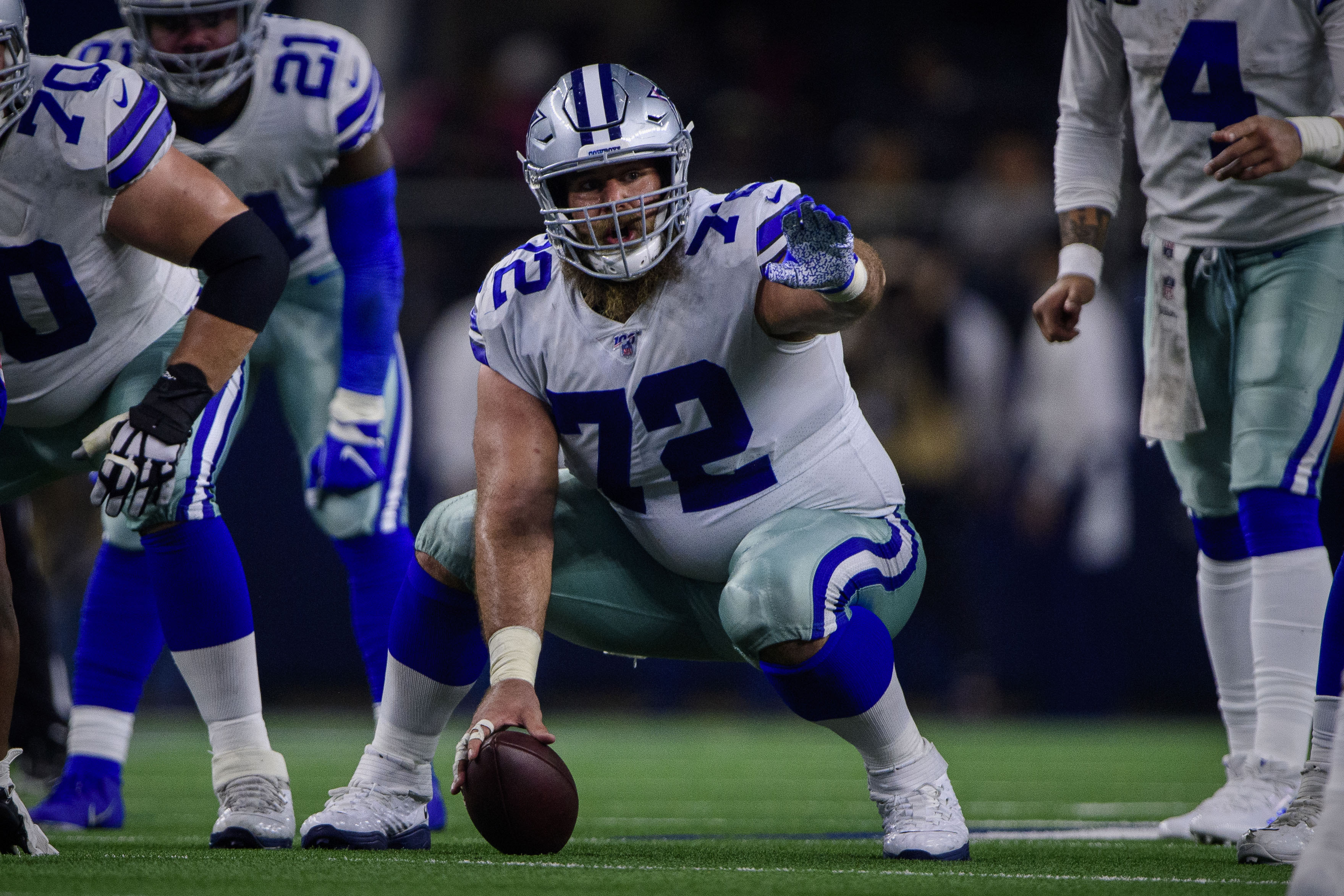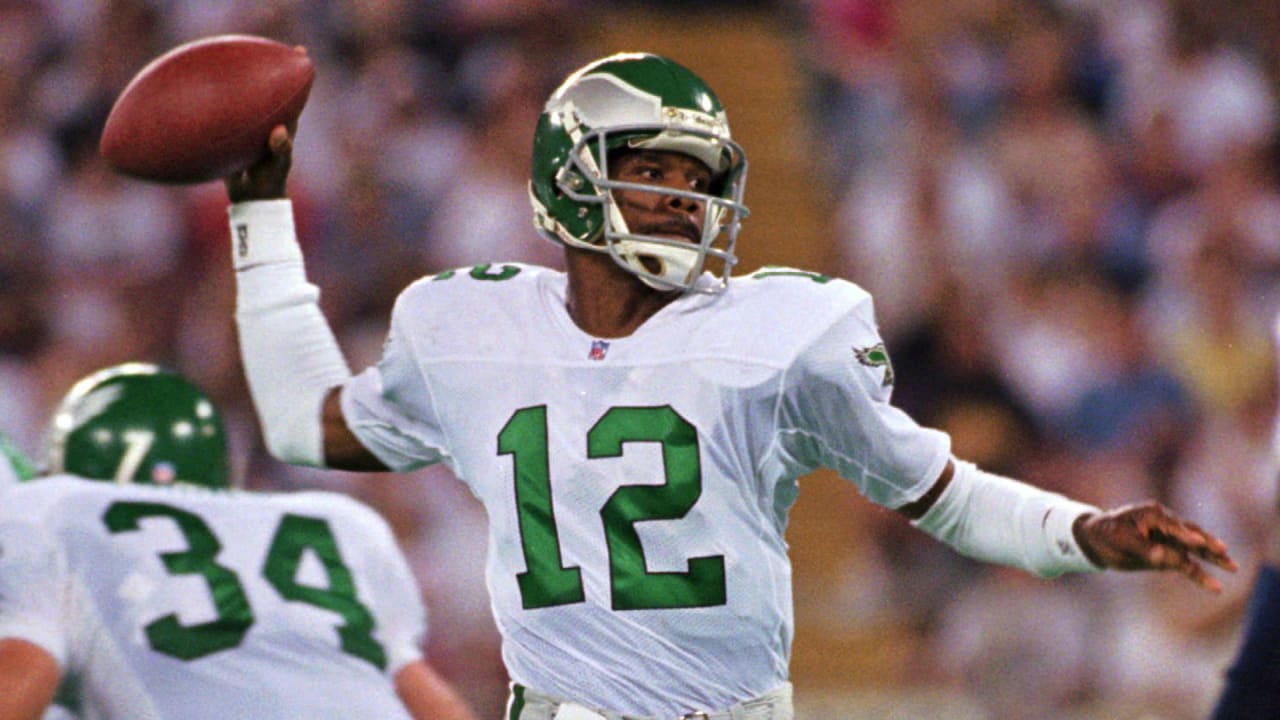Eagles Star A. J. Brown Slams Minneapolis Shooter for Harming LGBT Community With “Sick Excuses”

Philadelphia, PA – August 30, 2025
The tragedy in Minneapolis has sent shockwaves across the nation. When Robin Westman opened fire during a service at Annunciation Church, killing two children and wounding 18 others, the horror was only amplified by the manifesto he left behind. In it, Westman blamed his mother for discouraging his gender transition and ranted about marijuana use, creating a chilling window into a disturbed mind.
The manifesto has sparked fierce debate across the United States. Some seized on his words to stoke fear about the LGBTQ community, framing Westman’s attack as evidence of instability tied to gender identity. That narrative quickly spread online, deepening prejudice at a time when many Americans already feel divided on issues of gender and youth transition.
But amid the storm of reaction, one NFL star stepped forward with a powerful message of clarity and humanity. Philadelphia Eagles wide receiver A. J. Brown didn’t hold back in condemning Westman. He labeled the gunman “a sick, unstable person who couldn’t control his actions and blamed everyone else, without valuing human life.”
Brown went further, pushing back against the growing tide of discrimination. “No matter what gender people identify with, there will always be good and bad individuals. You cannot blame the entire LGBTQ community for the crimes of one person,” he said. His words reminded fans and the public that it is unfair—and dangerous—to equate one individual’s violence with an entire community.
For Brown, the issue is deeply personal. He emphasized that many of his close friends identify as LGBTQ and that they have consistently shown him compassion, loyalty, and love. By speaking out, he reframed the narrative: this wasn’t about gender identity, but about unchecked mental illness, substance abuse, and a failure to intervene before tragedy struck.

Brown’s stance carries weight far beyond football. In a league where players are often criticized for avoiding social issues, his willingness to publicly defend a marginalized community reflects the leadership and empathy that define him in Philadelphia’s locker room. It also highlighted the responsibility public figures have in guiding the conversation toward compassion rather than fear.
The Minneapolis shooting remains a heartbreaking reminder of the dangers posed by easy access to firearms and untreated psychological struggles. Yet it also revealed how quickly public opinion can be weaponized against innocent communities. Brown’s words provided a counterbalance, insisting that justice requires targeting the guilty individual—not scapegoating an entire group.
As the investigation continues, Brown’s message lingers as a call to unity: society cannot heal by turning against itself. Instead, the lesson is to separate the crime of one disturbed man from the dignity of millions. In Brown’s voice, fans heard not only the anger of an athlete but also the compassion of a leader.
Ravens Superstar Breaks Silence on Sydney Sweeney Ad, Slams Cancel Culture Overreaction

A cheeky denim slogan was meant to sell jeans, not start a cultural trial. American Eagle’s wordplay flipped “Great Genes” into “Great Jeans,” and a corner of the internet flipped it into something darker—accusations, outrage, and a rush to moral judgment.
Much of the noise felt amplified rather than universal. A few viral clips snowballed into headlines, drowning out the obvious: this was a fashion spot about confidence and personal style. In the algorithm’s slipstream, intention surrendered to interpretation, and nuance disappeared.
Through it all, Sydney Sweeney stayed professional. No clapbacks, no gasoline on the fire—just steady work. The brand even tied a special “Sydney jean” to a support initiative, trying to anchor the conversation in dignity while timelines insisted on turning creativity into controversy.
Then a different voice cut through—a Baltimore voice shaped by January football, film-room discipline, and a locker room where standards aren’t slogans. It didn’t arrive to escalate the argument. It arrived to reset it.
Roquan Smith put it plainly. “Sydney Sweeney is doing her job—and doing it at a high level. You can debate an ad without tearing down a person. If your point needs a pile-on, you don’t have a point. That’s not our standard.”
He drew a linebacker’s line between intent and impact. Players take heat for calls they don’t make; performers get blamed for concepts they didn’t create. “Don’t twist a denim ad into something it isn’t,” he added. “Hold your opinion—hold your respect, too.”
The message fit the city. In Baltimore, toughness isn’t volume; it’s accountability, humility, and doing the work on Wednesdays so Sundays make sense. The Ravens Flock doesn’t mistake outrage for edge. It measures character by how often you lift others.
By standing up for Sweeney, the defense didn’t just protect an actress caught in crossfire—it protected a principle. Separate intent from interpretation. Argue ideas without erasing people. And return the spotlight to what it always was: a jeans campaign, executed professionally—not a proxy war for cancel culture.





